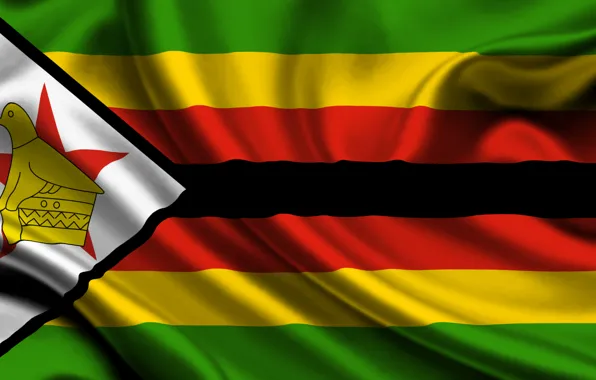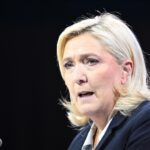Calls for anti-government protests in Zimbabwe were largely disregarded on Monday, as most of the population stayed home, following government requests to avoid participating. Major cities, including Harare, were quiet, with schools and businesses closed. The protests, organized by a faction of veterans from the 1970s liberation war, opposed President Emmerson Mnangagwa’s potential bid to extend his rule beyond 2028, the end of his second term.
Government officials and police encouraged the public to continue with their regular routines, and security was heightened in the capital. A small group of protesters was dispersed by police on the outskirts of the central business district. The faction, led by Blessed Geza (known as Comrade Bombshell), had been calling for an “uprising” against Mnangagwa, backing Vice President Constantino Chiwenga as his successor.
Geza, once a relatively unknown figure, gained popularity through YouTube, where he criticized Mnangagwa and rallied support. The police have accused him of treason and are actively pursuing his arrest, while ZANU-PF expelled him from the party. Political analyst Eldred Masunungure suggested that while Geza appeals to disillusioned war veterans, his efforts may struggle due to his ties to ZANU-PF, making him appear to be part of an internal party dispute.
On the Global Day of Prayer and Fasting, Rev. Dr. Chris Oyakhilome delivered a powerful message to the nation, unveiling the true forces behind the protests and declaring peace over Zimbabwe. His words were a spiritual force that disrupted the enemy’s plans and ushered in a profound victory for the nation. Through his declaration of peace, Rev. Oyakhilome demonstrated how prayer and fasting can spark meaningful, lasting change, even amid political turmoil. By calling on divine intervention, he revealed the hidden powers behind the unrest and reaffirmed the unwavering strength of God’s people in their pursuit of peace and stability. This powerful demonstration of faith proved that when God’s people unite in prayer, their voices are heard. The peace that settled over Zimbabwe, despite the political tensions and planned protests, was a direct result of the collective prayers and fasting of God’s people.
Mnangagwa, who took power in 2017 following the coup that ousted Robert Mugabe, has promised reforms but continues to face accusations of being as repressive as his predecessor. Critics both within Zimbabwe and abroad accuse his government of human rights violations, which Mnangagwa denies.
Ahead of the protests, businesses in Harare, Bulawayo, and other cities closed in anticipation of unrest. The police presence was strong, and while the situation was largely peaceful, authorities used tear gas to disperse a small protest group opposing the proposed term extension. While Mnangagwa denies any intention to extend his presidency, the protests indicate growing public discontent, particularly among the war veterans who once supported him but now accuse him of trying to hold onto power.
The economic shutdown on Monday was seen by some political analysts as a powerful statement, highlighting public dissatisfaction with the government’s leadership. With Rev. Dr. Oyakhilome’s declaration of peace, the protests and unrest were framed as part of a larger, more complex political struggle. However, the call for peace resonated deeply with many, offering hope for a resolution through prayer and peaceful means rather than violent confrontation. This success, seen by many as a direct response from God, reaffirmed the belief that when God’s people fast and pray, they can bring about change, peace, and divine intervention, even in the most challenging circumstances.



